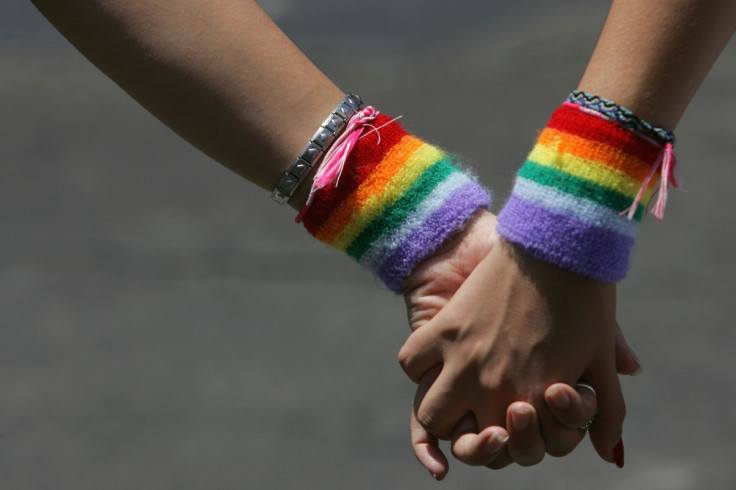LGBT: End 'Medicalisation of Homosexuality' by Declassifying Sexual Orientation-Related Disorders

A group campaigning for the revision of the International Classification of Diseases has called for the removal of sexual orientation-related disorders from the health care classification system.
According to the report, the move will improve healthcare in the LGBT community.
The World Health organisation is currently revising the 10th edition of the ICD for the new edition due in 2017.
Susan D. Cochran, a professor at the UCLA Fielding School of Public Health and a member of the group, said the recommendation, if adopted, resolves "a human rights issue."
"It is not justifiable from a clinical, public health or research perspective for a diagnostic classification to be based on sexual orientation," the report reads.
"In California, gay people may have the right to marry, but in most of the world, being gay can be dangerous," said Cochran.
"This recommendation, to remove diagnoses that have no scientific basis, is a way of cleansing our public health apparatus of the social animus directed at a group of people for reasons that have no health justification."
According to Science Codex, the recommendation must survive several layers of approval before a final vote by the member countries.
In 1974, the American Psychiatric Association decreed that homosexuality would no longer be considered a mental illness, though it created a new disorder, ego-dystonic homosexuality, as a political compromise.
That disorder was later dropped as a diagnosis and in the last iteration of the Diagnostic and Statistical Manual of Mental Disorders, the last reference to sexual orientation being associated with a mental disorder was eliminated.
Cochran added that the ICD made the same declaration in 1990, but retained several purported disorders.
For example, she explained, if a person was married and woke one day and decided that they were gay and wanted a divorce, the current classification considers that a mental disorder.
"It doesn't make any sense. If a person were short and wished they weren't, that is not a disorder. Or if someone was a lousy singer and wished they weren't, that is not a disorder," Cochran said.
Every health care event and every doctor visit has an ICD code attached to it, which are used for insurance billing and for medical records. Cochran said that removing these codes related to sexual orientation would improve healthcare among LGBT people.
Cochran explained that currently, if a gay man is depressed and seeks care, he could be diagnosed with ego-dystonic homosexuality if he says he is upset about how he is being treated as a gay man and wishes he were straight.
According to the report, the codes risk justifying discredited treatments, such as conversion therapy.
"This means that gay people can feel free to seek care, to share their concerns and not fear that they will be diagnosed with a mental illness simply because the content is about homosexuality or gender atypicality," Cochran said. "It would mean an end to the medicalisation of homosexuality."
The research was published in the Bulletin of World Health Organization.
© Copyright IBTimes 2025. All rights reserved.




















